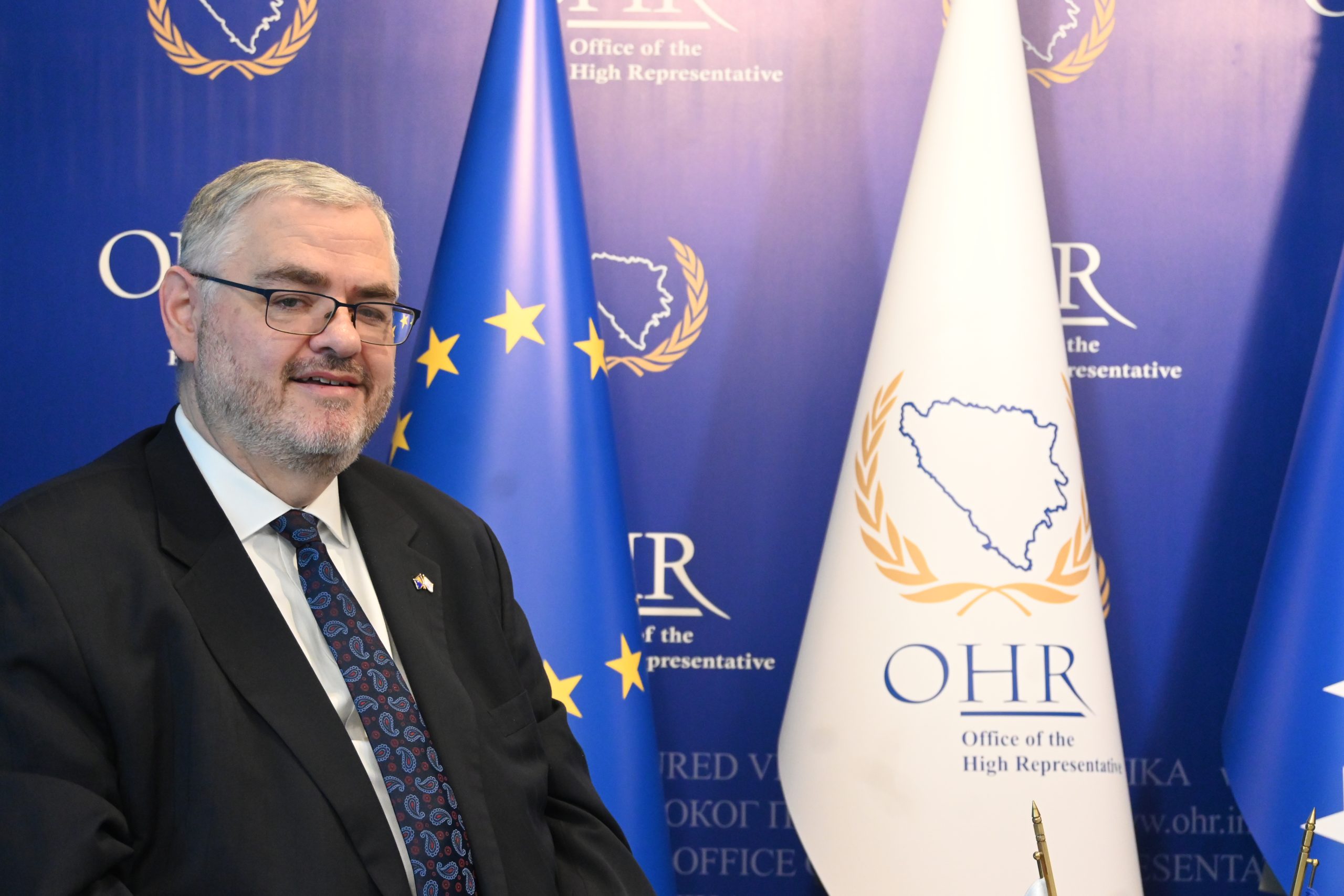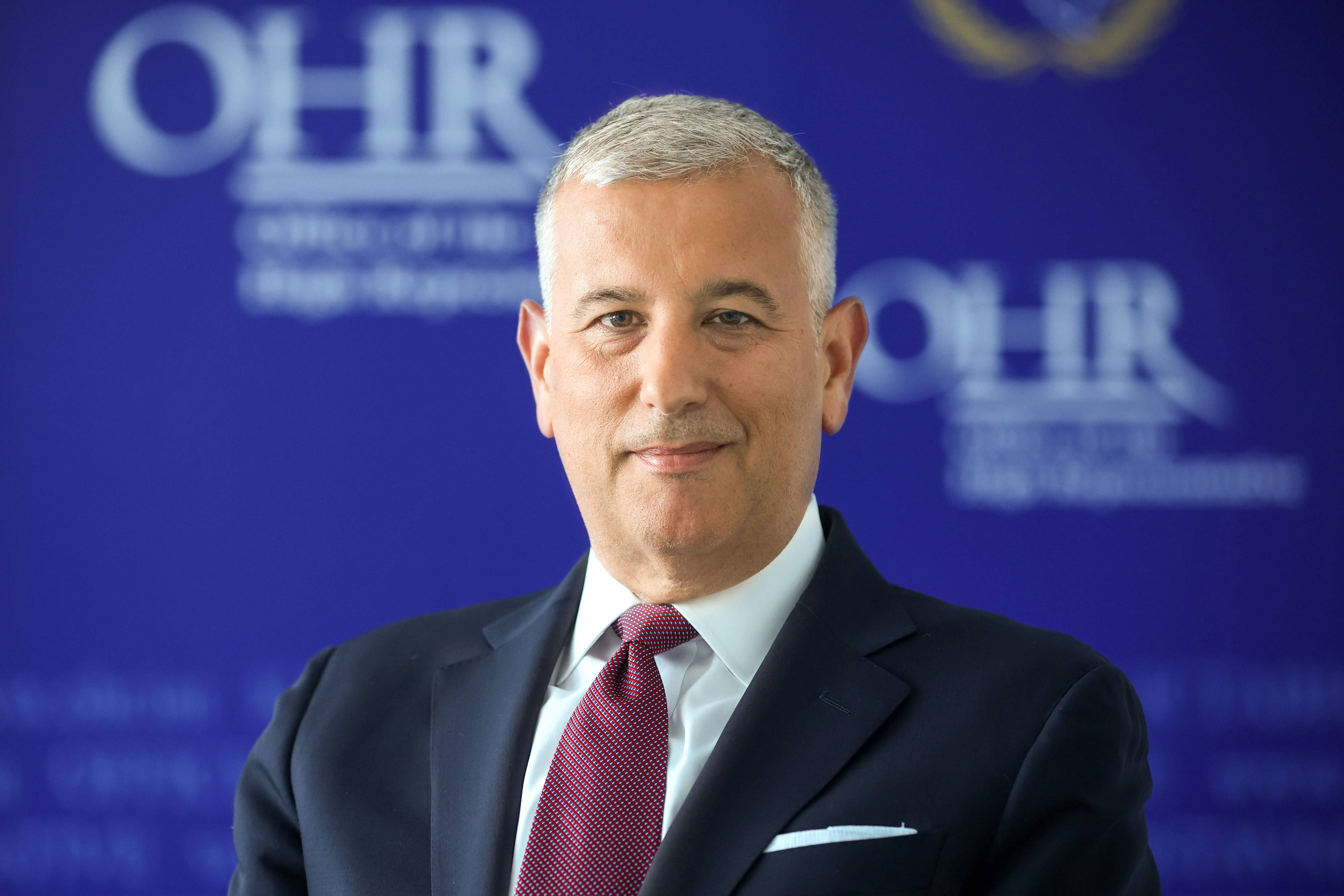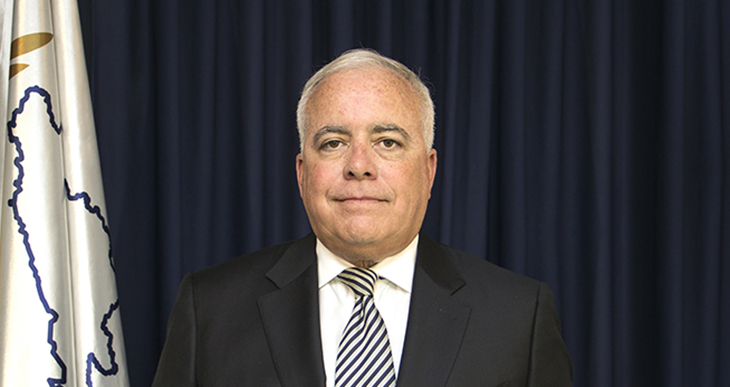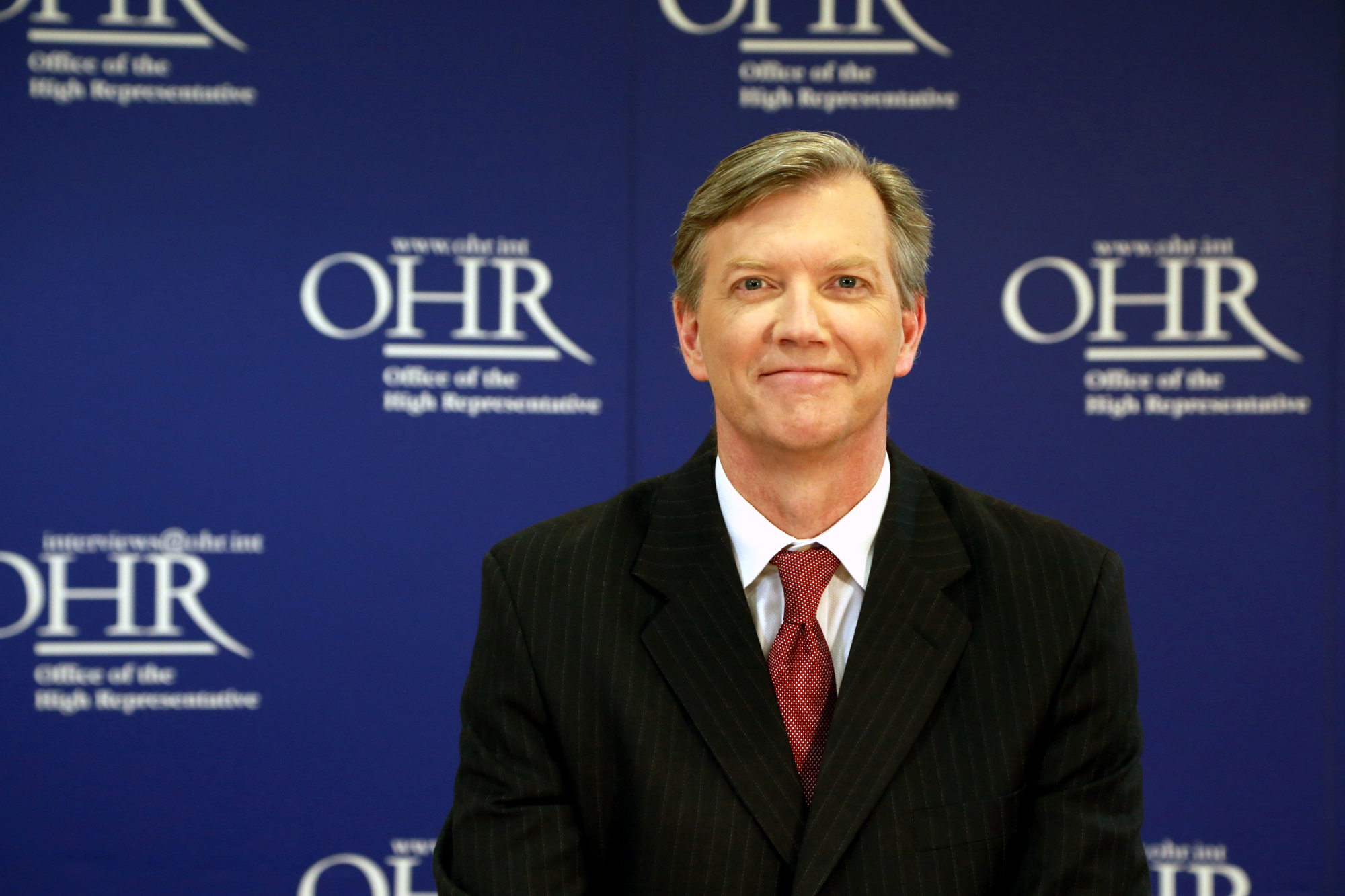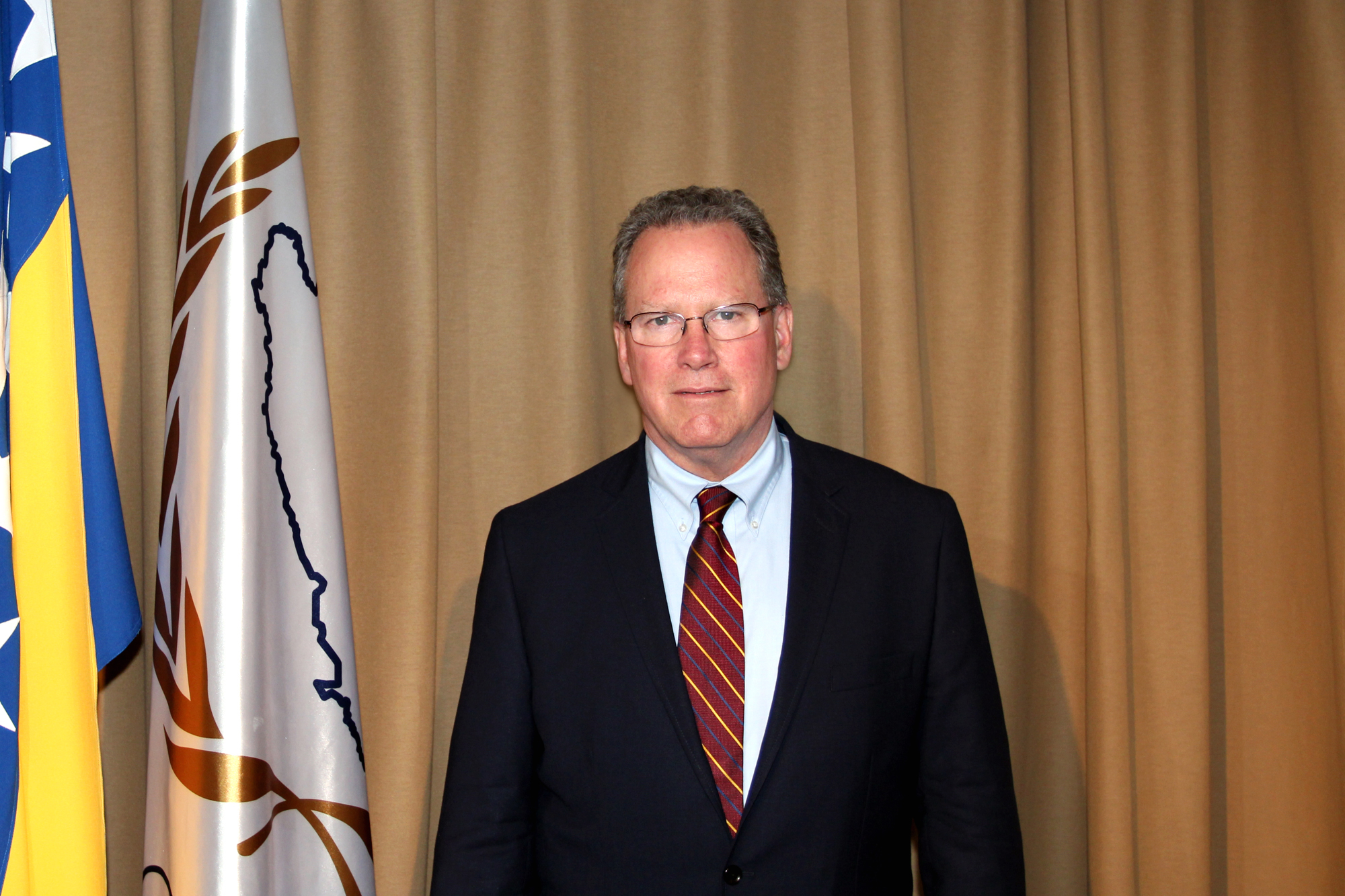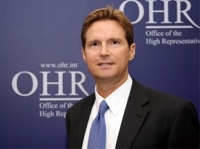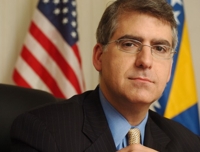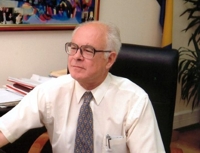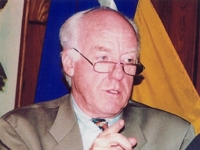The port of Brcko, on the SavaRiver in northern Bosnia, is a key regional transport hub, bringing together major rail, road and river routes and connecting Bosnia and Herzegovina with regional markets.
Before the 1992-95 conflict, Brcko was a bustling multiethnic community of almost 90,000 residents. Because of its strategic importance, however, the town and the surrounding area suffered enormous damage in the fighting: thousands were killed, unspeakable atrocities occurred, and tens of thousands were forced to leave their homes.

By the end of the war, Brcko had a population of just 33,600. Those who remained were traumatized. The community was wholly segregated along ethnic lines; public services and the economy had collapsed; and lawlessness was endemic. The dispute among the warring parties over Brcko’s status was so profound that it was the only significant issue which could not be negotiated during the Dayton peace talks. Instead, the parties referred the issue to a tribunal that ultimately comprised international and domestic legal experts. The specific status and powers of Brcko District were determined by the ‘Final Award’ issued by the Arbitration Tribunal in 1999. Ten years later the BiH Parliamentary Assembly adopted Amendment 1 to the BH Constitution.
Until August 2012, the local elected officials who administer the District were supported on a day-to-day basis by an International Supervisor. The Supervisor is vested with sweeping powers, including the authority to promulgate binding decisions, and was charged with facilitating refugee return, promoting democratic and multiethnic government, and reviving Brcko’s economy.
This model – which leveraged the local community’s capacity for cooperation and productive compromise – delivered remarkable improvements. A society torn asunder by war was stitched back together. Thousands returned to their pre-war homes. Functional, multiethnic institutions – including schools and police – emerged. Living standards improved markedly.


In a successful cooperative venture, Brcko stakeholders worked with international partners to exploit the District’s significant geographical, industrial and commercial resources. There was a strong belief – borne out by subsequent developments – that Brcko could not only recover but that it could move forward to achieve new levels of prosperity.
In the period after 1999, 450 million KM was channelled into a systematic effort to revive the District economy. A further 250 million KM was invested in rehabilitating physical infrastructure.

Work was carried out in cooperation with neighbouring countries to rehabilitate commercial traffic on the Danube/Sava, which has historically been a mainstay of Brcko’s prosperity, and preparations were made for Brcko to play a key role in the Corridor Vc integrated transport project that will connect northern and southern European markets through Bosnia and Herzegovina.
Almost 2000 companies and more than 3,000 small businesses were registered in the District in the decade after it was established.
Twenty-four of the major industrial concerns inherited from the pre-war period were successfully privatised and more than 100 million KM in new investment generated by these privatisations helped to create 1750 new job openings.

Systematic efforts to improve the business environment, to attract investment and to leverage Brcko’s geographical and human resources into new economic activity resulted in the creation of 6,000 new jobs by 2012.
Economic and social recovery would not have been possible without sustained and successful efforts to establish the rule of law. The multiethnic Brcko District police service led the way in introducing effective and trusted community policing in Bosnia and Herzegovina. Brcko police officers are well trained and have the resources and administrative support they need in order to maintain security. The crime rate in Brcko fell by 60 percent in the period after the District was founded.
Brcko, like the rest of Bosnia and Herzegovina, has suffered from endemic corruption, and much work remains to be done in this area. Still, progress has been made. During and after the war, Brcko was a centre of black market activities. It is estimated that in 1996 the black market accounted for 98 percent of the District’s economy. This situation was transformed over the course of the next decade by the introduction of effective customs controls and an efficient and transparent tax administration.
By 2001, Brcko District had established an education system with fully integrated classrooms bringing students from all communities together. This was a major element in the effort to build an authentically multiethnic society that recognizes the distinctive heritages of different communities within a functioning administrative and political framework.
The Government of Brcko District has demonstrated that in Bosnia and Herzegovina it is possible to establish and maintain mechanisms that protect individual and collective rights without constantly bringing the political and administrative system to a standstill. The multiethnic government and assembly of Brcko has proposed, enacted and implemented hundreds of pieces of legislation based on a working consensus designed to deliver maximum practical benefits to residents of the District.

To be sure, the District still faces a broad array of challenges, many of which are similar to those faced by other communities throughout BiH. Nevertheless, the many successes in Brcko District have made it a model in some ways for the rest of the country.


On 23 May 2012 the High Representative announced the office in Brcko would close on 31 August 2012, and the Supervisor would suspend his functions from the same date. While the Supervisor would retain all his authority, and the Brcko Tribunal would continue to exist, the full responsibility for the management of the District’s affairs would be completely devolved to local leaders.
The OSCE and EUFOR maintained their presence in the District after the suspension of Supervision, and the European Union Delegation established an office in Brcko. The High Representative’s mandate remained unchanged. The PIC Steering Board, OHR, and many individual countries continued to monitor developments closely and to provide support to the District’s institutions.
The successful post-war recovery of Brcko District has been the direct result of the hard work, determination and confidence of the people of Brcko and their elected representatives – and the District has shown what can be achieved in Bosnia and Herzegovina.
